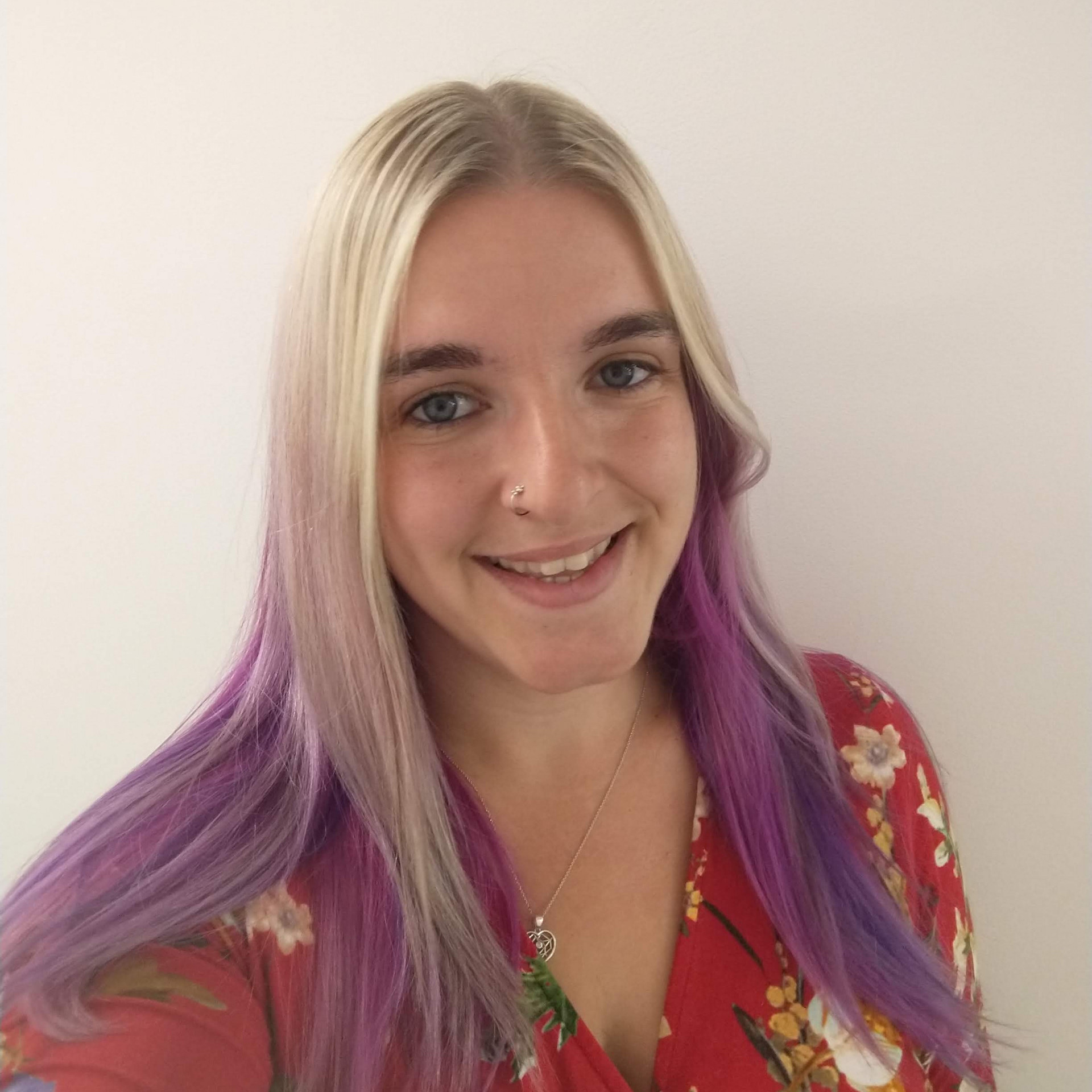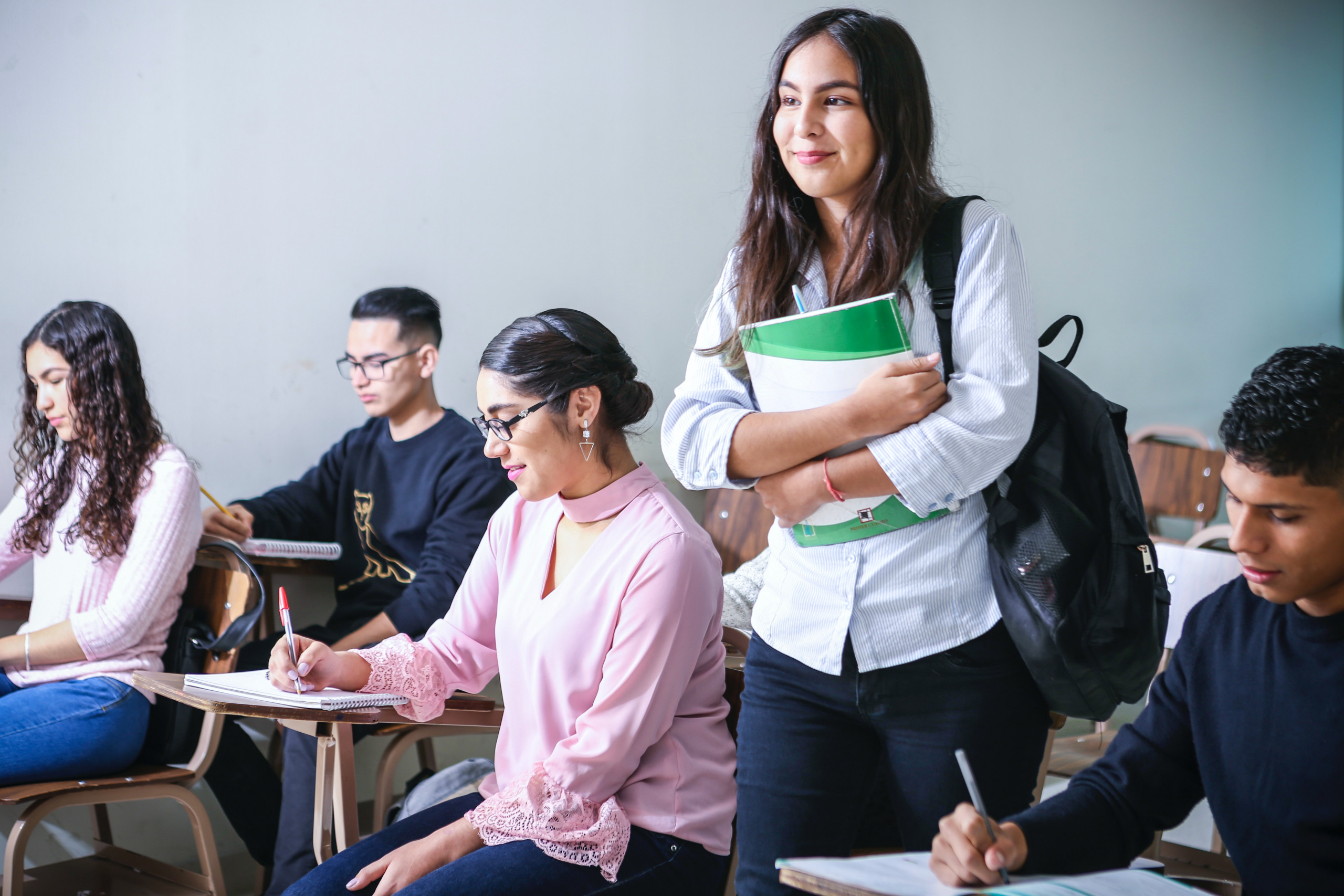Body Image Support in Schools
Over 53% of men have felt pressured to look ‘good’ due to advertising
Over 90% of teenage girls don’t participate in activities due to the way they look.
Over 80% of ten-year olds are afraid of being ‘fat’
–
When it is broken down into facts and statistics, it really is quite heart-breaking. I’m not sure about you, but it really has made me think. I wonder why these statistics are so high? Where is that pressure coming from? What could we possibly do?
When I was ten, I’m sure I was more concerned over which tree I was going to climb at break time and not calling the teacher mum, rather than worrying and stressing over my size. I guess times have changed and times are continuing to change, rapidly.
Body image struggles are on the rise and now more than ever, we need to realise that children and young people are struggling.
And it’s not just girls that are struggling. Boys are being drawn into the advertising and modern-day pressures, with a rise of cases being seen in muscle dysmorphia (bigorexia) and the stigma of not being seen as masculine enough if they admit that they’re struggling. Where can these young people go, who can they confide in and where is the support?
And what about teenagers within the LGBTQIA+ community who are at a much higher risk of developing poor body image issues than heterosexual peers? Those who are experiencing gender dysphoria (feeling that their gender identity does not align with their body) are at a higher risk and may try to change their physical appearance through dieting and exercise in order to resemble the gender they identify with internally. It really is so difficult so navigate those emotions and feelings when experiencing this.
So, what can be done?
In one word, Education.
It’s time we educate these young people. And through our specialist body image and self-esteem workshops, we do just that.
We provide information and activities encouraging young people to look at how they see and view their worth. We explore what body image means and the effect it can have on their self-esteem. We examine the ways we can develop a healthy body image, and discuss the problems with social media, airbrushing and ways to deal with negative body talk. We also spend time working on body appreciation and what our bodies do for us, instead of focusing so much on how it looks. And finally, we take steps to understand where these pressures come from and whether they serve a purpose, recognising the problems with diet culture and exploring our genetics.
I am so proud to lead the body image and self esteem workshops for students and young people. It gives our team a chance to get into schools and provide that much needed early intervention. Building relationships with schools and students, we can encourage healthy body image and allow the young people to explore their self-worth and learn how to protect their worth and self esteem throughout their adolescence.
Our Children and Young Persons team provide a warmth, empathy and understanding within our workshops, which allows the children to safely participate and explore their feelings around their bodies. We have high engagement in the sessions, whilst also ensuring that all participants know that they can contribute in a way that works for them. While conversations and participation are encouraged, there is also no pressure on anyone to push themselves.
Our team are equipped with the skills to pick up on non-verbal communications and will pause or move on depending on the needs of the group.
If you’re a teacher, youth worker or in any profession working with children and young people, why not look into one of our workshops. What could you gain? Which voices are currently hidden? Who could it help?
If you’re a student, why not tell your teachers to get in touch and bring our workshops into your school! Learn more here.

Contributed by Zoe Burnett,
Specialist Support Office at First Steps ED


